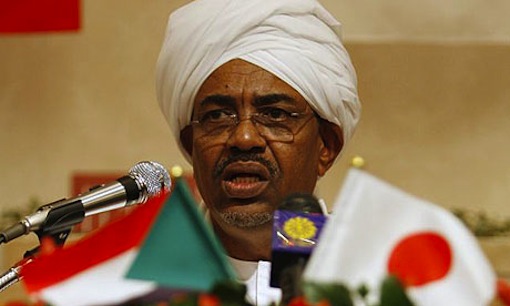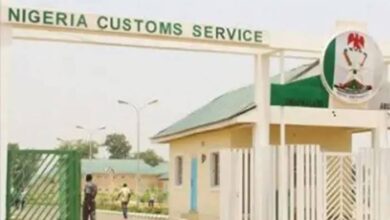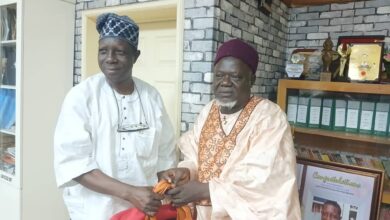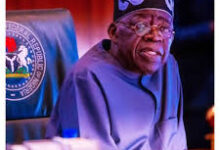
The United States has postponed for three months a decision on whether to permanently lift sanctions on Sudan over its human rights record and other issues.
The U.S. State Department announced the postponement in a statement.
Former U.S. President Barack Obama temporarily lifted sanctions for six months in January, suspending a trade embargo, unfreezing assets and removing financial sanctions.
A decision by Obama’s successor, President Donald Trump, about whether to make the relief permanent had been expected on Wednesday.
In June, the U.S. said it was “very concerned” about Sudan’s human rights record.
Sudan said on Tuesday it had complied with all U.S. demands for lifting sanctions, which have been in place for 20 years and have hobbled the country’s economy.
The U.S. State Department acknowledged in the statement that Sudan had made “significant, substantial progress in many areas,” but it said three more months were needed to establish that the country had fully addressed Washington’s concerns.
“The U.S. will revoke the sanctions if the (government of Sudan) is assessed to have sustained progress in these areas at the end of the extended review period,” the State Department said.
U.S. demands include resolving internal military conflicts in areas such as war-torn Darfur, cooperating on counterterrorism and improving access to humanitarian aid.
“The natural and logical step is that America’s economic sanctions are lifted from Sudan because Sudan has implemented what was asked of it entirely,” Foreign Ministry Undersecretary Abdul Ghani told Reuters before the U.S. announcement.
“The two sides have had monthly joint meetings to follow up on implementation and there doesn’t remain anything left to be done. Positive progress was achieved,” Naim said.
Sudan extended a unilateral ceasefire until the end of October with rebels it has been at war with in the southern Kordofan, Blue Nile and Darfur regions.
It is looking to win back access to the global banking system, potentially unlocking badly needed trade and foreign investment that could help it manage soaring inflation of 35 per cent and a shortage of foreign currency that has hampered its ability to purchase from abroad.
The economy has been reeling since South Sudan, which contains three-quarters of former Sudan’s oil wells, seceded in 2011.
Any sanctions relief would not change Sudan’s designation by the United States as a state sponsor of terrorism, and President Omar Al-Bashir remains wanted by the International Criminal Court for crimes against humanity.
That status could make investors and banks hesitant to do business, even if sanctions are lifted, said Magnus Taylor, a Sudan analyst at the International Crisis Group think tank.









